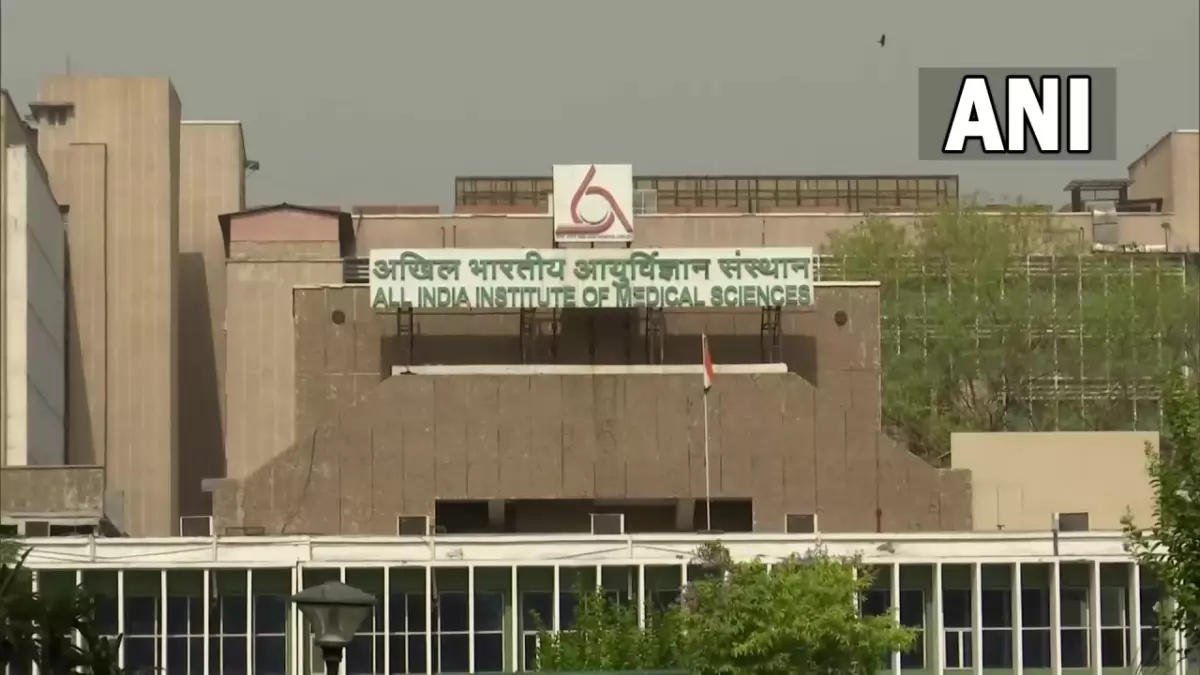
ANI
Covid-19 Surge: In response to the recent surge in Covid-19 cases across the nation, the All India Institute of Medical Sciences (AIIMS) in Delhi has released detailed guidelines for suspected and positive patients. The institution's director convened a meeting with department heads to discuss Covid-19 contingency measures, resulting in a comprehensive policy for testing, patient management, and designated hospital areas.
Under the new testing policy, patients with Severe Acute Respiratory Infection (SARI) symptoms, in line with WHO guidelines, will undergo testing. SARI symptoms encompass acute respiratory infection, persistent fever, or fever exceeding 38°C with cough, all occurring within the last 10 days. The office memorandum summarising these decisions was disseminated after the meeting.
The memorandum instructs all departments to allocate dedicated spaces within their respective wards for in-patients testing positive for Covid-19. Specifically, the C6 ward will reserve 12 beds for the hospitalisation of severely ill Covid-19 patients.
To enhance efficiency, a screening Out-Patient Department (OPD) in the Emergency Department will assess patients for Covid-like symptoms and triage them based on medical requirements. Additionally, rooms 1 to 12 in the new private ward are earmarked for the hospitalisation of Covid-19 positive EHS beneficiaries.
The memorandum highlights essential engineering works, specifically the installation of UVGA filters and HEPA filters in all new blocks at the Masjid Moth Campus, ensuring a safer environment.
Notably, the national capital has reported the first case of the JN.1 variant, a sub-variant of Omicron. Out of three samples sent for genome sequencing, one is JN.1, and the other two are Omicron. As of December 26, the country has recorded 109 JN.1 variant cases. The World Health Organization has classified JN.1 as a variant of interest, emphasising that the overall risk remains low based on current evidence. AIIMS Delhi's proactive guidelines aim to navigate the evolving landscape of Covid-19 with efficiency and safety.





Copyright © 2026 Top Indian News
